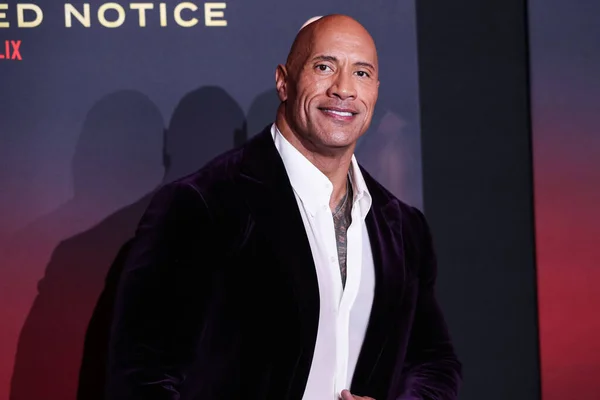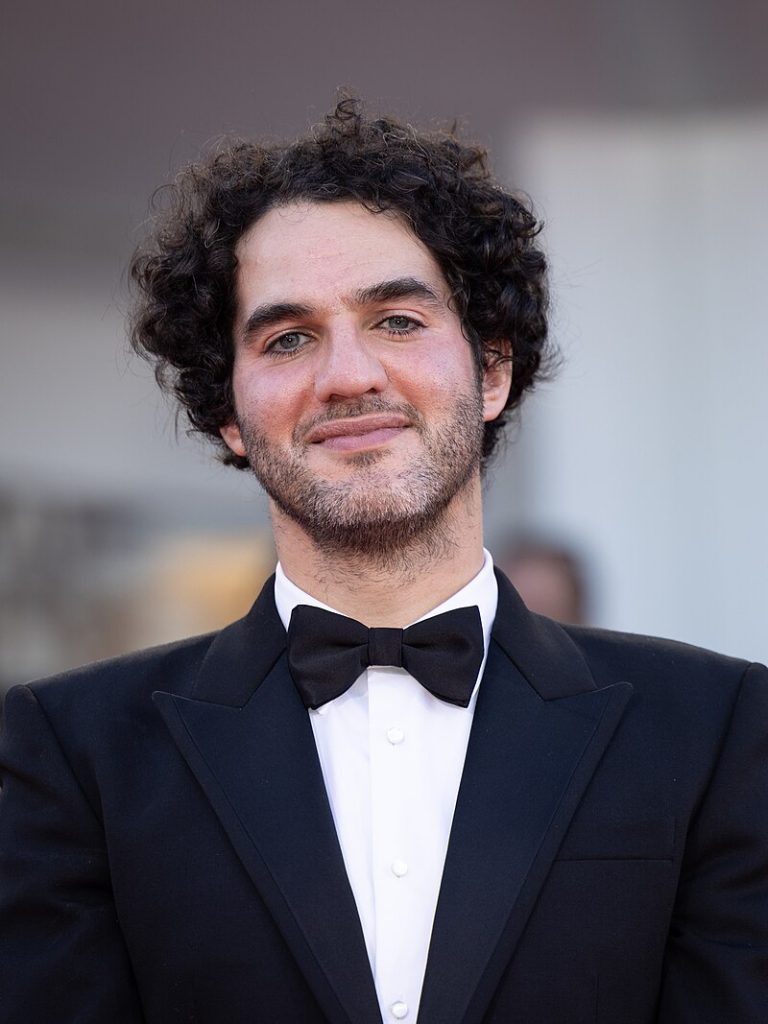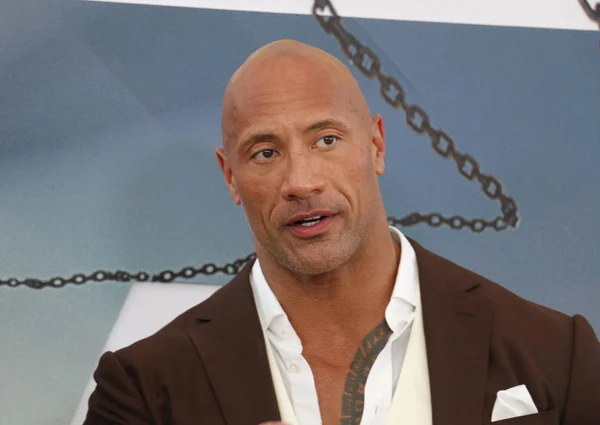
Even Hollywood’s A-list occasionally can’t bull their way past a box office bomb. Dwayne Johnson’s latest attempt, the hard-hitting sports drama The Smashing Machine, was meant to be a bold break from his blockbuster M.O. It opened instead to a career-low $6 million opening weekend leaving A24 and industry insiders aghast.

This wasn’t another action film; it was an R-rated, awards-oriented character study of UFC champion Mark Kerr’s battle with drug addiction. Critics were intrigued, festival audiences were clapping, but the general audience? Not so much. The misalignment between promotion, expectation, and appetite made what could have been a prestige win a costly misfire.
Here is a closer look at the six primary reasons The Smashing Machine got slammed to the mat before it even had a chance to get its bearings.

1. A Baffled Target Audience
A24 promoted the movie like an art-house Oscar contender, complete with a Venice Film Festival premiere and major emphasis on Johnson’s body transformation. But the actual audience was disproportionately young men nearly 70% male, and 64% 18–36 paralleling the audience for Johnson’s action tentpoles. Only 8% were over 55, the most likely to fuel prestige dramas. Those who did show up were expecting adrenaline and spectacle and instead received a slow-burn character study. The result? A paltry “B-” CinemaScore and negative word-of-mouth.

2. A Price Tag That Raised the Stakes
With a production budget of around $50 million reported along with a hefty marketing expenditure the risk here was no small bet. Johnson’s standard fee was reasonable for international franchises, but it put the breakeven point here well over $100 million. That’s a total that only three A24 films have ever reached. As box-office analyst David A. Gross noted, “Sports dramas don’t travel well overseas American wrestling is a local phenomenon, and that will cut into it abroad.” Without international legs, the numbers were never in the film’s favor.

3. Hype That Fizzled Quick
Early tracking had estimated a $17 million debut, thanks to the drawing power of Johnson. But on opening weekend, those predictions were reduced to $15 million, then $8 million, and finally $6 million. The catch? Horrendous word-of-mouth. The box office crawled after Friday, signaling that first audiences weren’t recommending it to friends. Domestic numbers now will probably top out at $15 million a token scratch on the budget.

4. Festival Hype That Didn’t Translate
In Venice, the film received a 15-minute standing ovation and Benny Safdie won Best Director. Critics also praised Johnson’s understated, poignant performance, with The Hollywood Reporter calling him “a benign warrior who suffers from one scene to the next.”

But as history has shown, festival adoration doesn’t always equate to box office success. There are some films that manage to coast along nicely in the well-chosen festival environments but cannot be adapted to more generic audiences who were not guided in by their tone or beat.

5. No ‘Why Now’ Moment
Box office bonanza films ride the cultural wave look at all the buzz ‘Barbenheimer’ received. The Smashing Machine never quite had that same sense of urgency. It didn’t get promoted as an event, and there was no hook to cause folks to think, “I need to buy tickets now.” As has been pointed out by sports movie producer Mark Ciardi, folks are happy to wait until streaming unless there is a good reason to see it opening weekend.

6. The Taylor Swift Effect (Sort Of)
Box office crown of the weekend belonged to The Official Release Party of a Showgirl, which grossed $33 million after only two weeks’ notice. Though several high-end screens were pushed aside from The Smashing Machine, Fandango’s Shawn Robbins slammed the book on significant overlap existing: “There’s not a significant audience crossover between Taylor Swift’s fanbase and a male-driven sports drama.” The attendance imbalance, however, illustrated just how little desperation Johnson’s movie generated.

For all its arrogance, The Smashing Machine was a lesson in how even a star-backed venture can fail when audience targeting, budget planning, and cultural timing do not all meet. The lesson for studios and stars: prestige pivots take more than acclaim from the critics they take a crystal-clear pitch, a reasonable budget, and a marketing hook that convinces people they can’t possibly miss it. Otherwise, even Rock can get knocked out.


